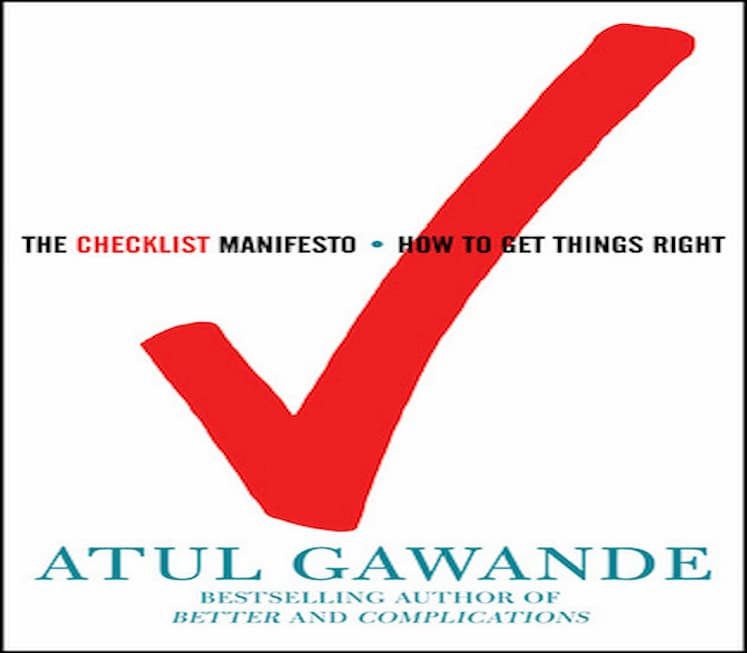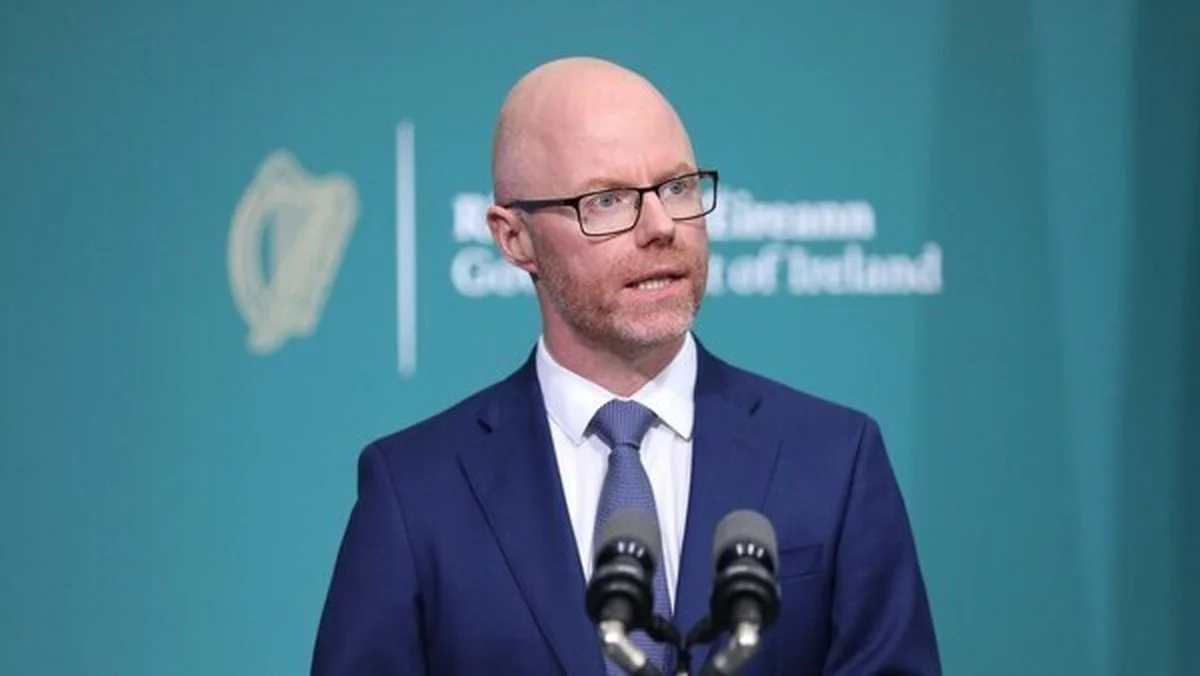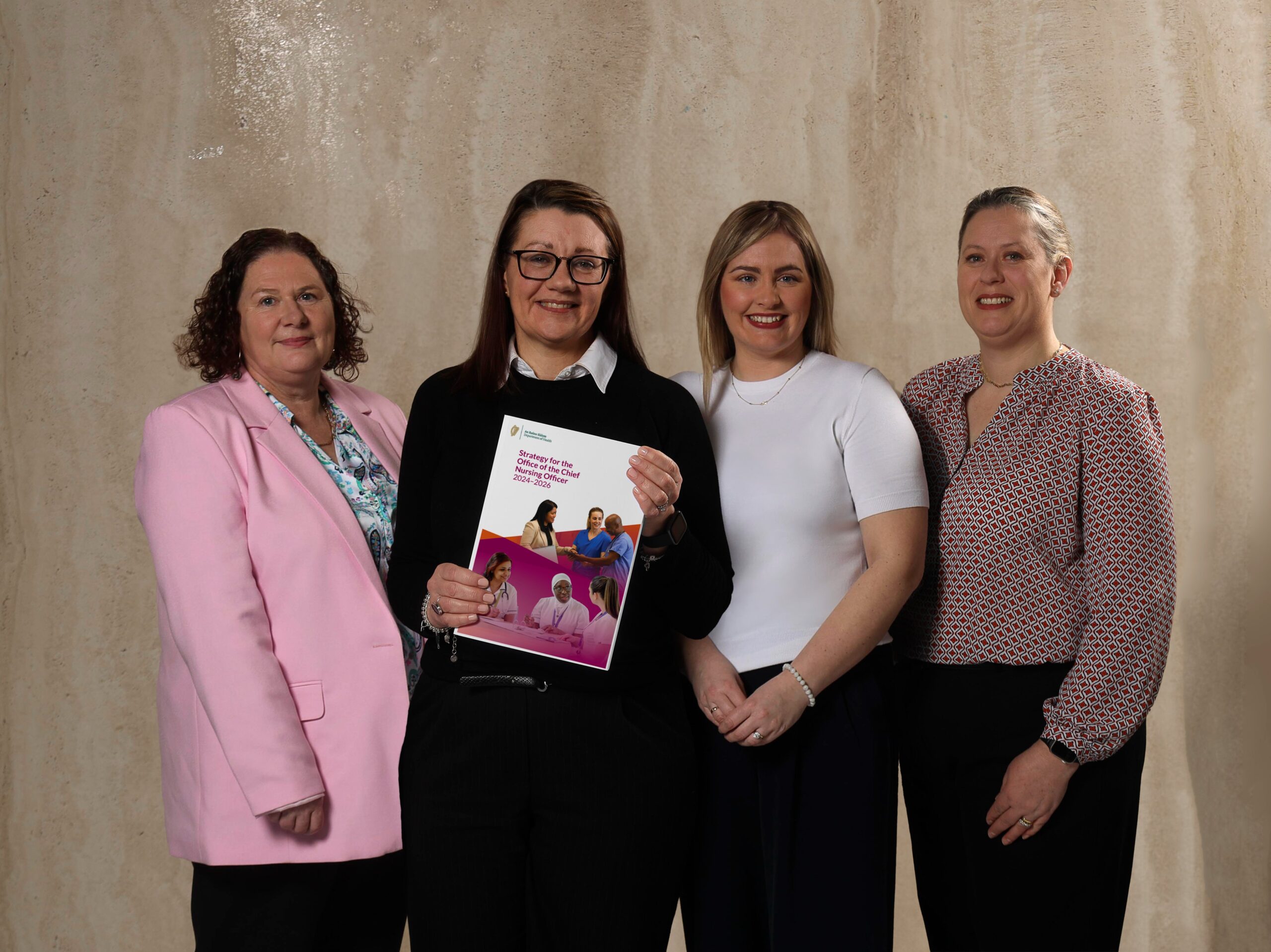The Checklist Manifesto: How to Get Things Right

Pre-hospital emergency care workers live in a world of great and increasing complexity, where even the most expert professionals struggle to master the tasks they face. Even with longer training and ever more advanced technologies‚ neither seems to prevent mistakes from being made. But acclaimed surgeon and writer Atul Gawande finds a remedy in the humblest and simplest of techniques: the checklist and has applied it with some success to the world of emergency and medical medicine.
First introduced decades ago now innovative checklists are being adopted in hospitals around the world, helping, emergency services personnel, doctors and nurses respond to everything from flu epidemics to avalanches. Even in the immensely complex world of surgery, a simple ninety-second variant has cut the rate of fatalities by more than a third.
Over the past decade, through his writing in The New Yorker magazine and his books Complications and Better, Atul Gawande has made a name for himself as a writer of exquisitely crafted meditations on the problems and challenges of modern medicine. The Checklist Manifesto starts by outlining his experiences as a surgeon. But before long it becomes clear that he is really interested in a problem that afflicts virtually every aspect of the modern world–and that is how professionals deal with the increasing complexity of their responsibilities. It has been years since I read a book so powerful and so thought-provoking.
Gawande begins by making a distinction between errors of ignorance (mistakes we make because we don’t know enough), and errors of ineptitude (mistakes we made because we don’t make proper use of what we know). Failure in the modern world, he writes, is really about the second of these errors, and he walks us through a series of examples from medicine showing how the routine tasks of surgeons have now become so incredibly complicated that mistakes of one kind or another are virtually inevitable: it’s just too easy for an otherwise competent doctor to miss a step, or forget to ask a key question or, in the stress and pressure of the moment, to fail to plan properly for every eventuality. Gawande then visits with pilots and the people who build skyscrapers and comes back with a solution. Experts need checklists–literally–written guides that walk them through the key steps in any complex procedure. In the last section of the book, Gawande shows how his research team has taken this idea, developed a safe surgery checklist, and applied it around the world, with staggering success.
Gawande thinks that the modern world requires us to revisit what we mean by expertise: that experts need help, and that progress depends on experts having the humility to concede that they need help.
In riveting stories, Gawande takes us from Austria, where an emergency checklist saved a drowning victim who had spent half an hour underwater, to Michigan, where a cleanliness checklist in intensive care units virtually eliminated a type of deadly hospital infection. He explains how checklists actually work to prompt striking and immediate improvements. And he follows the checklist revolution into fields well beyond medicine, from homeland security to investment banking, skyscraper construction, and businesses of all kinds.
An intellectual adventure in which lives are lost and saved and one simple idea makes a tremendous difference, The Checklist Manifesto is essential reading for anyone working to get things right.
Review provided by Goodreads
You might also like
For relevant updates on Emergency Services news and events, subscribe to EmergencyServices.ie









